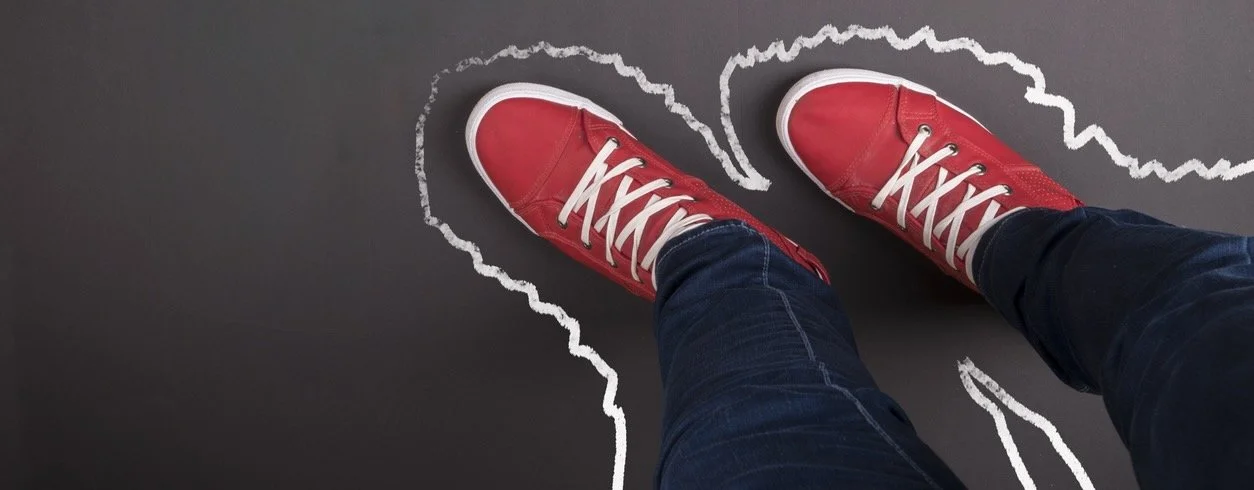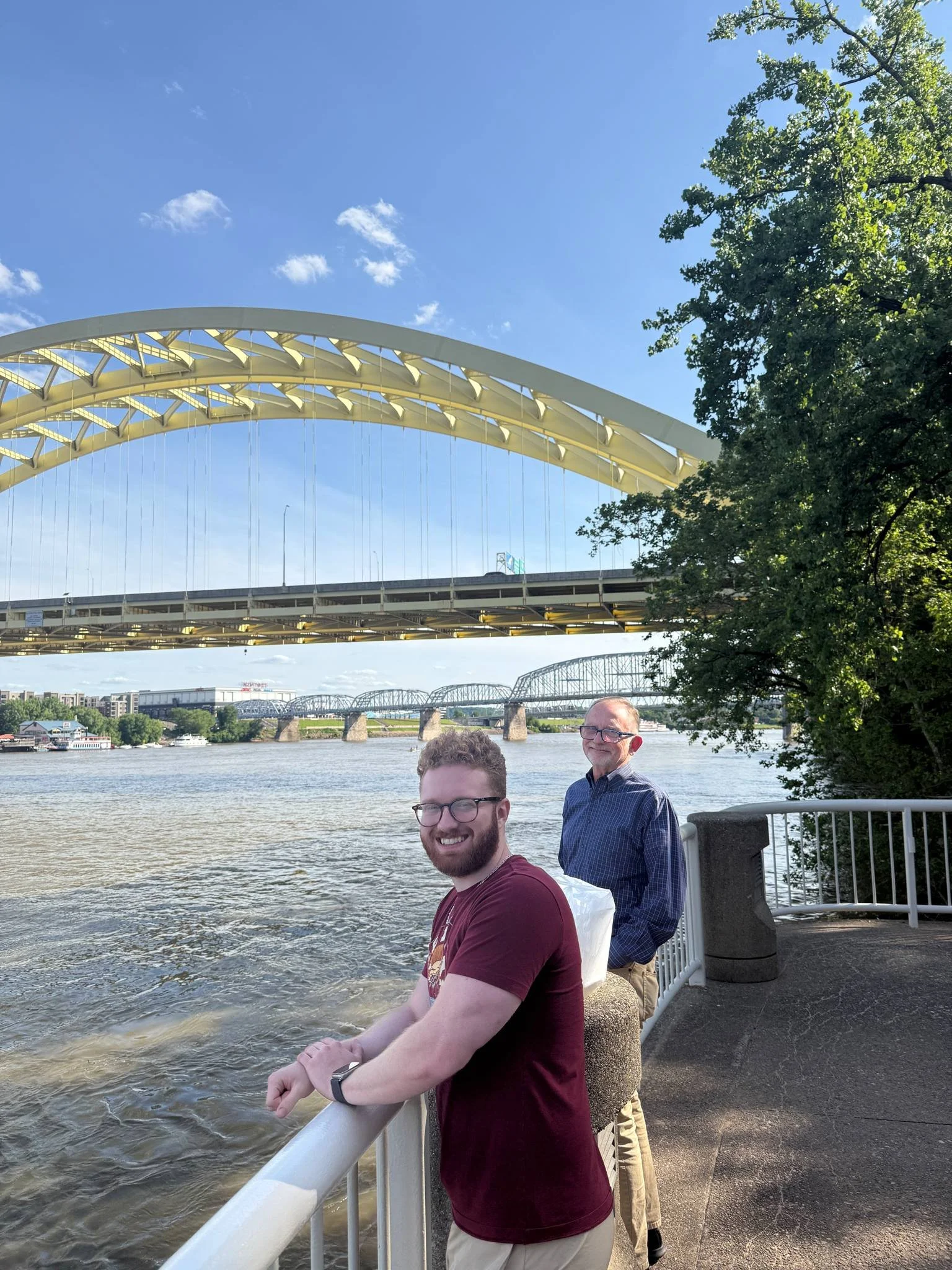It’s a question for every caregiver, but the answer isn’t easy
What’s next?
Like other caregivers I’ve known, the question hangs in the subconscious and haunts quiet moments. When they have the chance to look up from their caregiving duties and away from the person they love, they think about themselves. And they ask . . .
How long will this last?
What will I do, who will I be, when my caregiving days are behind me?
Not that they’re expecting those days to dawn anytime soon. Alzheimer’s, although relentless in its attack, develops slowly. Science tells us it was likely compromising our loved one’s brains years before we saw any signs of the damage.
But we see it now, of course. The years have been marked by an uncounted string of subtle changes from what we once knew to what we’re experiencing today. How much longer will we watch the decline? Another year? Another 10?
Leading
In her Sunday Paper this week, Maria Shriver wrote about the importance of preparation “so that when your moment comes, you’re ready.” She acknowledged that “none of us ever feels fully ready when stepping into a new leadership role,” and I was intrigued by the examples she listed to prove her point: “as a mother, a father, a caregiver, or a boss.”
Which of us has seen “caregiver” as a leadership role? I’m grateful to Shriver for planting the idea. Considering not only the work caregiving creates but also all the decisions it demands, we caregivers do well to see ourselves as leaders.
Every week we’re considering what medicine, which activities, and how to mitigate the damage of the disease and protect our loved one from danger. If we define “leader” as someone who manages change and plans for the future, we aptly apply that label to every responsible caregiver.
Perhaps it will encourage some caregivers to think about all the experiences in their past that prepared them for this moment. Years living together, learning to adapt to a partner or appreciate a parent, realizing all this person has given us. Grateful, or at least duty bound, to give them what they so profoundly need now.
Contemplating
But Shriver’s comment leads me also to think about the future. Can I see these years consumed by caregiving as preparation for what’s next? And how can I move beyond caregiving even today if I want my life to have any impact tomorrow?
This is tricky, and I’ve seen a wide variety of approaches and decisions from others.
I know a caregiver who hardly left the house in the years his bedridden wife languished in silence at home.
A friend and fellow caregiver in the Artis community spends all day—at least 12 hours—every day at her husband’s side in the facility.
Another friend engaged with a mission enterprise that took him regularly to Africa to serve some of the world’s poorest. When he was home, he saw his wife every day, but he didn’t hesitate to leave her in the care of others when he spent weeks at a time helping build a better life for hundreds in need.
It’s not my place to decide about the approach of someone else, but their experiences and decisions give me reason to reflect on my own. As I contemplate each new week, I must consider not only what’s next but also how to keep from compromising now by thinking about the future.
Trusting
This could degenerate into unproductive navel gazing if I’m not careful, so lately I’ve been thinking about a piece of advice from an experienced overseas missionary. As one friend remembers it, she was giving a speech and talking about how to find God’s will for your life.
“People spend a lot of time wrestling with that question,” she said. “But I’ve decided God’s will is what’s right in front of you.”
I’m both calmed and energized to think about this.
Right in front of me is Evelyn. I see her almost every day, and daily I’m interacting with those who are caring for her. I think we’re doing our very best for her.
Those caregivers are there, too. Can God use my smile, my encouragement, my interest in their lives, or the example of my care for Evelyn to point them toward him? I must believe he can.
Trying
But I’m intentionally not limiting myself to that world.
Last week I attended a Thursday-morning men’s Bible study, got my hair cut and made plans with my barber to eat dinner soon with him and a mutual friend, ate lunch and visited Evelyn with two missionaries briefly in the U.S., and taught a class on lament at my church.
Posing in front of the art museum.
And this weekend I entertained Nina and Zach, my granddaughter and her fiancé: I cooked them dinner Friday, went with them to Ikea and the Cincinnati Art Museum Saturday, visited Evelyn, ate dinner at Montgomery Inn Boathouse beside the Ohio river, and stopped by Graeter’s for ice cream on the way home.
Sunday I met them at church after I taught my class and enjoyed lunch at Trio Bistro, a nice local restaurant 20 minutes away. (They paid!)
Strolling along the Ohio River after a wonderful dinner.
Their conversations were full with the future: planning a wedding, deciding on a honeymoon, applying to graduate school, finding and furnishing an apartment, launching a life together. It was refreshing to witness a couple with so many hopes and dreams for the future. I’d like to think my brief moments in that future will have some positive influence on it. They’re right in front of me; surely God wants something to happen for him while we’re together.
And so I’m trying to relax—but stay alert. What’s next for me may not be newsworthy or dramatic, but it need not be boring or self-centered.
A friend recommended Lectio 365, an app with daily prayer prompts and Scripture reading. One prayer this week helps me think aright about “What’s next?”
“Father, help me to live this day to the full, being true to you in every way. . . . help me to give myself away to others, being kind to everyone I meet. . . . proclaiming Christ in all I do and say.”



